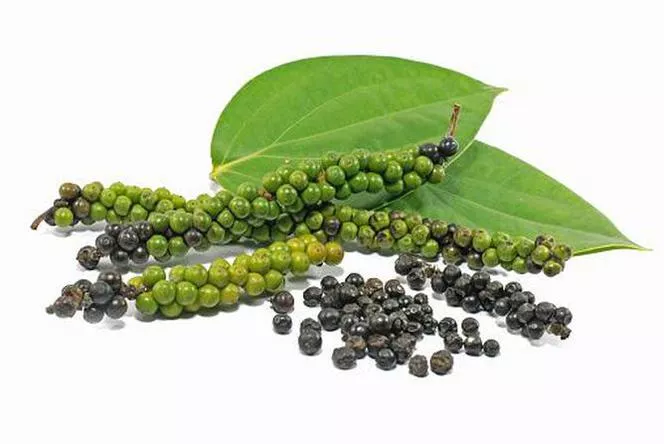Thyme has antibacterial and anti-inflammatory properties, which is why it is often an ingredient in both acne treatments and cough syrups. What makes thyme so extraordinary? What active substances does this plant contain and what are its other he alth-promoting properties? Can thyme be used without restrictions?
Thyme,actuallycommon thyme( Thymus vulgaris ) is a herb from the countries of the basin Mediterranean Sea. Currently, thyme is grown in many European and American countries, as well as in Poland, where it blooms from June to July.
Many people treat thyme only as a spice, but in folk medicine it has been used for centuries as a means of fighting viruses and bacteria. It was often used to relieve cough, especially tiring cough, both wet and dry cough.

Pro-he alth properties of thyme
Research confirms that thyme:
- supports the respiratory system
- has antibacterial and aseptic properties, therefore it effectively soothes infections of the throat and mouth
- has an expectorant and diastolic effect - this property has been used to make syrups for dry and wet coughs.
- supports the digestive system - preparations based on thyme are used to treat gastritis, soothe irritated intestines and liver problems
- prevents diarrhea
- has anti-inflammatory effects
- relieves rheumatic pains (RA)
- disinfects the root canals
- soothes inflammation of the vagina
Composition and nutritional values of thyme
Thyme herb containsessential oilin an amount up to 3.5%, sometimes even up to 5.4%. The oil contains:
- 20 to 50% of phenolic derivatives - thymol and carvacrol
- cyneol
- cymen
- α-pinene
- linalool
- Linalool Acetate
- borneol
- bornyl acetate
- up to 10% tannins
- polyphenolic acids, such as coffee and chlorogenic acids
- triterpenic compounds (including ursolic and oleanolic acids)
- flavonoids (including luteolin and api-genin and their glycosides)
- bitterness
- saponins
- solemineral with a significant amount of lithium
Nutritional values of thyme:
100 g of thyme provides 101 kcal
Thyme in 100 g contains:
- vitamin A
- beta carotene
- vitamin B2 (riboflavin)
- niacin
- vitamin B6
- folic acid
- vitamin C
- potassium 609 mg
- calcium 405 mg
- phosphorus 106 mg
- magnesium 160 mg
- iron 17.4 mg
- zinc 1.8 mg
- copper 0.6 mg
- manganese 1.7 mg
Source: x-news.pl/Agencja TVN
Healing properties of popular spices
 See the gallery of 10 photos
See the gallery of 10 photos
Is thyme safe during pregnancy?
Taking thyme in very large amounts or the use of thyme oil may have a negative effect on the development of the fetus as it may stimulate the uterus to contract during pregnancy.
Thyme and its use in cosmetics
- thyme has a disinfecting effect , anti-inflammatory and cleansing the skin, which is why it is a component of many cosmetics intended for the care of oily and acne-prone skin;
- thyme extractis helpful in the treatment of dandruff and excessive oily hair. In combination with other herbs, e.g. rosemary, it is a rinse intended for oily hair;
- Thyme is an ingredient in many herbal toothpastes because it regenerates damaged gums.
Thyme as a spice in the kitchen
Thyme is characterized by a bitter taste and a very aromatic smell. It is most often used to season game, poultry and fish dishes. Best with:
- parsley
- garlic
- onions
- bay leaf
It should not be combined with marjoram.
Thyme infusion
Pour 1.5 cups of boiling water over a tablespoon of the herb, leave it covered for 15 minutes, then strain. Drink 1/3 cup before meals to stimulate the appetite, or after meals to aid digestion and prevent bloating. The infusion can also be used for rinsing the mouth and rinsing the throat during angina.
Recipe for tomato cream with thyme
Thyme side effects and overdose symptoms
Timol, one of the essential oils of thyme, is a chemical compound belonging to terpenes. If consumed in large amounts, it is poisonous and can damage the liver, kidneys, heart and central nervous system, resulting in death.
The most dangerous thing is to overdose on thyme oil, which is largely composedwith thymol.
The most common symptoms of poisoning are:
- vomiting
- nausea
- gastritis
- breathing problems
More severe symptoms have been observed after careless oral ingestion of thyme oil. Thymol is even more powerful and can even cause fatal poisoning.